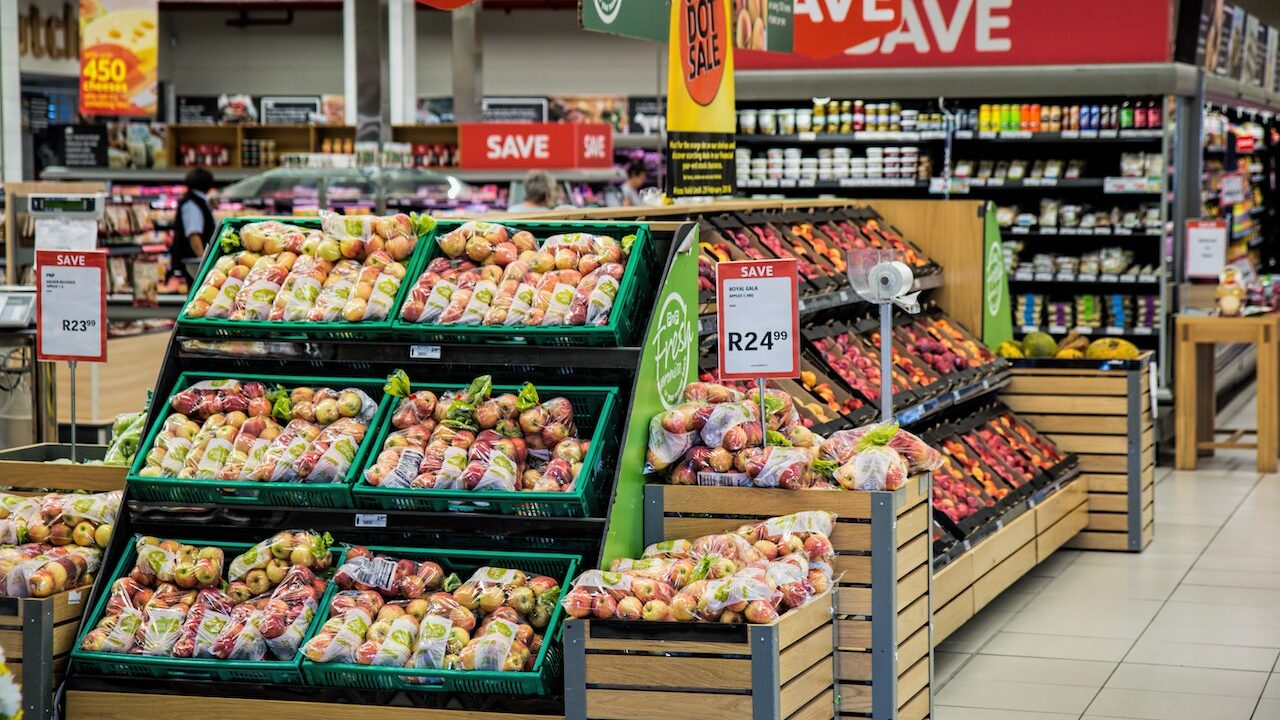Introduction

Food waste is a serious problem that everyone must deal with. Not only does it squander money, but it also harms the environment. According to the Food and Agriculture Organization (FAO), roughly one-third of all food produced in the world is lost or wasted every year. This equates to around 1.3 billion tonnes of food, enough to feed over 3 billion people. This blog article will cover simple techniques to Reduce household Food Waste so you may save money, protect the environment, and get the most out of your food.
The Problem with Food Waste
Everyone is impacted by the huge issue of food waste. When food is squandered, the resources utilized to generate it as well as the money used to purchase it are both wasted. When food is wasted, the resources used to produce it—water, land, and energy—are also squandered. In addition, food waste that is dumped in landfills releases methane gas, a strong greenhouse gas that accelerates climate change.

Plan Ahead
Making a plan in advance is among the greatest methods to lessen food waste. You may make sure you just buy what you need and avoid buying too much by preparing your meals in advance. Make a list of the things you need and take stock of what you currently have in your cupboard and refrigerator before you go grocery shopping. This will assist you in avoiding purchasing products you already own and stop you from purchasing useless items.
Buy Only What You Need
Buy only what you need since this is another approach to lessen food waste. In order to do this, buy food in smaller quantities and refrain from buying in bulk if you know you won’t consume it all. When purchasing fresh vegetables, select seasonal things and just purchase what you will require for the coming week. In addition to lowering food waste, this will enable you to save money.

Store Your Food Properly
Another way to cut down on food waste is to store your food appropriately. To keep your food fresh for a longer period of time, make sure your refrigerator is set to the proper temperature (below 5°C). Fruits and vegetables should be kept in the crisper drawer to stay fresh, while dry products should be kept in airtight containers to avoid going bad. Make sure to rotate your meals as well so that you consume the freshest foods first.

Use Your Leftovers
Food waste may be greatly decreased by using leftovers. Consider using your leftovers in your upcoming dinner rather than tossing them out. Use leftover chicken or veggies to make a sandwich or salad, or use leftover vegetables to make soup or stir-fry. Your leftovers can also be frozen for a later date.
Compost Your Food Scraps
Another strategy to cut down on food waste is composting. You may compost food scraps like vegetable peels, eggshells, and coffee grounds to make nutrient-rich soil for your garden rather than tossing them away. Composting not only helps you develop a sustainable and environmentally friendly landscape, but it also cuts down on food waste.
Conclusion
In conclusion, minimizing waste during restoration is not only morally right but may also conserve resources and money. We can all help create a healthy planet by being prepared, employing eco-friendly resources, and disposing of garbage correctly. Additionally, giving or reusing goods may help people in need and give your remodeled room a special touch. As consumers, we have the ability to influence the environment favorably and make responsible decisions every day. With the help of these suggestions and techniques, we may do one renovation at a time in the direction of a more sustainable future.



